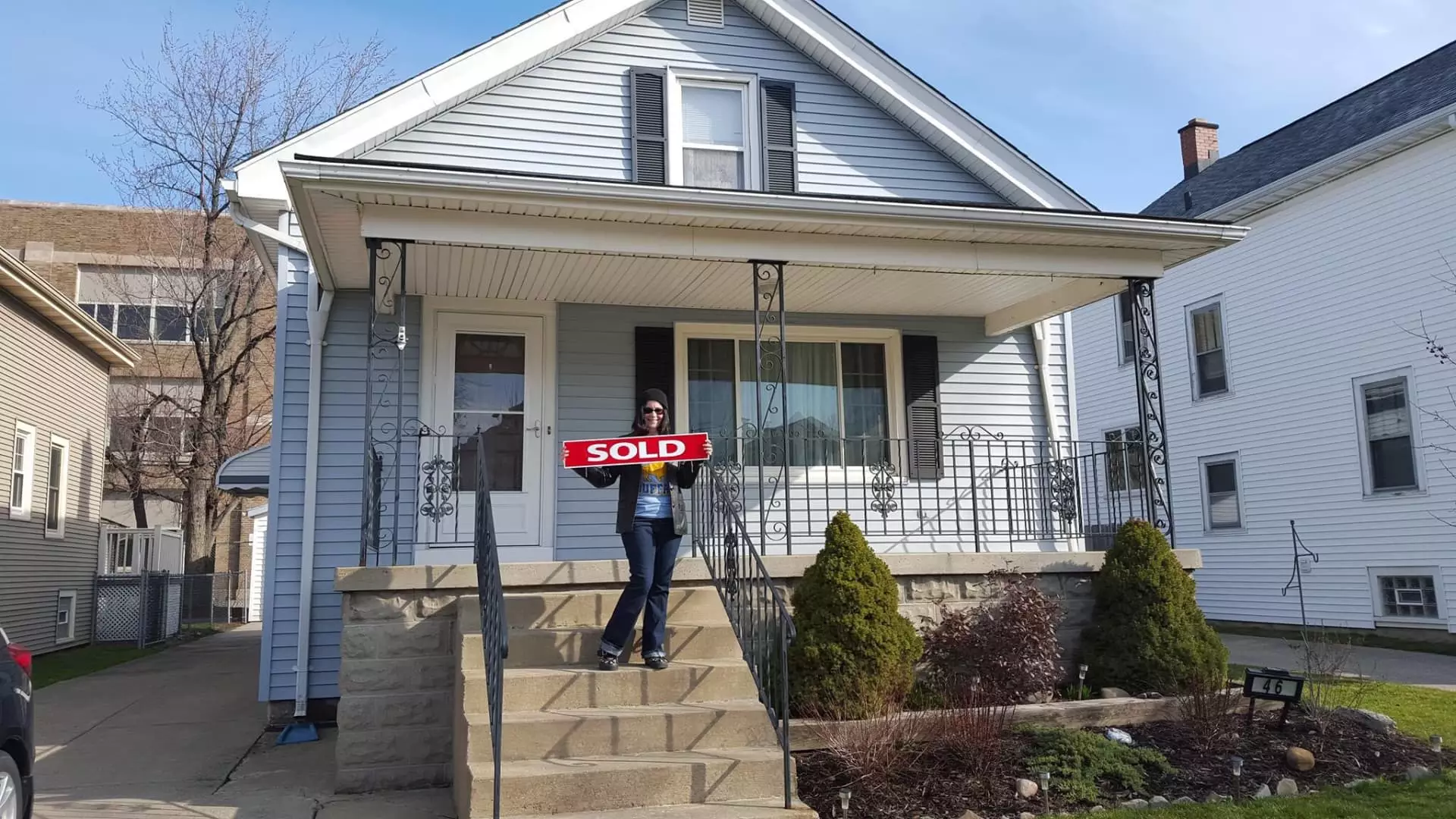In recent years, record inflation has led to a significant increase in home prices across the country, raising concerns about the long-term value of homeownership. As home values continue to climb, so do the costs associated with maintaining a property. According to a 2023 analysis by the Chamber of Commerce, more than 1 in 4 homeowners with mortgages are considered “cost-burdened,” spending over 30% of their income on housing expenses. This raises questions about the financial sustainability of owning a home in today’s market.
Two major expenses that catch homeowners off guard are property taxes and insurance. As home values rise, property taxes also increase. Homeowners whose properties were reassessed between 2019 and 2023 saw a median tax increase of 25%, translating to an annual median tax hike of over $600. Additionally, home insurance premiums have surged by 20% between 2021 and 2023, with further increases expected by the end of 2024. Extreme weather events have particularly impacted states like Florida, Louisiana, Texas, and Colorado, leading to soaring insurance rates and repair costs.
Wealth Accumulation vs. Realization
While single-family homeowners accumulate an average of $225,000 in wealth from their homes over a 10-year period, this wealth is primarily on paper until the property is sold. The perceived value of homeownership as an investment may not always align with the reality of financial obligations. It is essential for prospective buyers to understand the underlying costs beyond the purchase price and mortgage payments.
Devon Viehman, a regional vice president for the National Association of Realtors, emphasizes the importance of thorough financial planning and risk assessment before purchasing a home. Prospective buyers should consult with their real estate agent to obtain a comprehensive overview of ownership costs, including property taxes, insurance, utilities, and potential budget adjustments. Rather than maxing out their mortgage eligibility, Viehman advises buyers to aim for a lower monthly payment to allow for unforeseen expenses and financial flexibility.
Managing Financial Challenges
For current homeowners facing financial difficulties, various options are available to alleviate the burden. The Consumer Financial Protection Bureau recommends contacting the Department of Housing and Urban Development to explore potential programs or assistance. Additionally, homeowners struggling to meet mortgage payments can discuss repayment plans or loan modifications with their lenders. In cases of escalating insurance costs, switching insurance providers can offer a way to reduce expenses and manage financial strain effectively.
The allure of homeownership as a long-term investment must be balanced with a realistic understanding of the associated costs and financial commitments. With rising property values and inflation rates, homeowners need to be vigilant about their financial health and preparedness for unforeseen expenses. By conducting thorough research, consulting with real estate professionals, and exploring available resources, both prospective and current homeowners can navigate the challenges of homeownership in a volatile financial landscape.


Leave a Reply